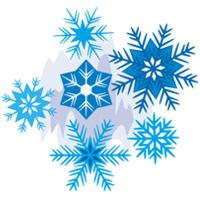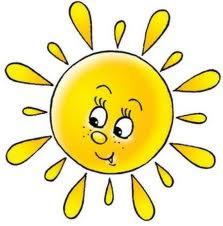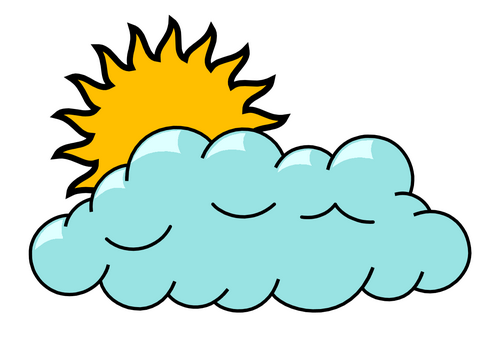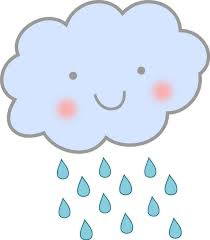- Учителю
- Открытый урок по английскому языку на тему 'Календарь и времена года'
Открытый урок по английскому языку на тему 'Календарь и времена года'

Цели:
- повторить пройденный материал на прошлом уроке;
- укрепить грамматический материал: сложные числительные и порядковые числительные;
- укрепить пройденный материал по темам «времена года», «месяцы», «дни недели»;
-развить навыки устной диалогической и монологической речи;
- воспитать интерес к изучению английского языка.
Оборудование: ученик, рабочая тетрадь, карточки с числительными, презентации.
Тип урока: обобщающий урок
Ход урока
I. Вступительная часть урока
1. Greeting
T.Good morning every body!
Ps.Good morning teacher!
T.I'm glad to se you!
Ps. We are glad to se you, too.
T.Sit down, please.
2. Aim
Well, today we'll have a very interesting lesson. We are going to repeat all that we learnt last time. We'll learn a poem, speak, read and write.
3. Warming up
T. Who is on duty today?
P. I am on duty today
T. Who is absent today?
P. Nobody. All are present.
T. What day is it today? What date is it today?
II. Основная часть урока
Фонетическое упражнение
Before we start check up your homework let's remember what is PAST SIMPLE and how we form it. And now look on the screen and read please the verbs.
Worked - opened - visited
Liked - played - painted
Cooked - cleaned - collected
Walked - phoned - invited
Washed - listened - studied
Cheсk on Homework
Ex.3 p.143- на каждый вопрос отвечают по несколько учеников. Учитель следит за правильностью образования предложений.
T. Мы повторили с вами образование правильных глаголов в прошедшем времени, теперь давайте проверим насколько хорошо вы знаете неправильные глаголы в Past Simple.
Работа с карточками учитель показывает карточку с глаголом в инфинитиве, ученики называют его прошедшую форму.
1.Get - got
2.Go - went
3.Have - had
4.See - saw
5.Read -read
6.Speak - spoke
7.Give - gave
8.Come - came
9.Take - took
10.Hear - heard
11.Make - made
12.Write - wrote
Learning the poem
T. I prepare for you a poem about seasons. Look on the screen. Listen!
In winter, it's cold and snowy
In summer, it's sunny and fine
In autumn, it's cloudy and rainy
In spring, I can jump up to the sky!
T.And now read after me. (чтение за учителем)
Now read the poem. Please, Laura! (чтение учениками)
Now read the poem line by line. (чтение по цепочке)
And now I propose you to read the poem using the picture
In winter, it's cold and 
In summer, it's  and fine
and fine
In autumn, it's and
and 
In spring, I can jump up to the sky!
T. And now more difficult. (чтение с пропущенными словами)
In winter, it's cold and ______
In summer, it's ______ and fine
In autumn, it's ______ and _______
In spring, I can jump up to the sky!
Speaking
T. How many seasons do you know? Can you name the?
P. 4 seasons - winter, spring, summer, autumn.
T. How many mouths do you know?
P. 12 mouths.
T. Let's name them.
Ps. January, February, March, May, June, July, August, September, October, November, December.
T. How many mouths have each season?
P. Each season has 3 mouths.
T. What are the winter's mouths?
P. Winter's mouths are December, January February.
T. What are the spring's mouths?
P. Spring's mouths are March, April, May.
T. What are the summer's mouths?
P. Summer's mouths are June, July and August.
T. When does the spring start?
P. Spring starts in March.
T. When does summer start?
P. Summer starts in June.
T. When does autumn start?
P. Autumn starts in September.
T. When does winter start?
P. Winter starts in December.
T. When does school start?
P. School starts in September.
T. Very good!
Grammar Practice
T. And now I suggest you to remember our numbers. Do you know to count in English?
P. Yes!
T. Let's count! Denis count please, from 1 to 10. Now Byanka count from 10 to 20. And now let's count only tens. (20,30,40,50,60,70,80,90,100)
Very good! And now more difficult, look n the screen and read!
Работа с сложными числительными.
T. And now let's write a dictation. Who want at the board?
I'll read the numbers and you must put the card in correct order.
564, 598, 279, 400, 128, 145, 366, 397, 412, 906, 999, 1000.
Now let's check up your dictation.
Мы с вами учили не только количественные числительные, а еще и порядковые. Сейчас давайте вспомним их. На примере с многоэтажным домом.

-The tenth
-The ninth
-The eighth
-The seventh
-The sixth
-The fifth
-The fourth
-The third
-The second
-The first
T. Теперь ребята, предлагаю образовать мини сочинение «About your self». На экране вам даны образцы предложений которые нужно использовать
1.My name is…
2. I am…
3. I was born…
4. I am a…
5. I am from…
6. I live in…
Writing
Open your copy book and write the day and date. Now look on the screen. You must make up sentences like in example: January is the first mouth. Работа у доски.
III. Заключительная часть урока
Homework
Prepare for the test.
Summarizing
-
Was the lesson interesting?
-
What exercises do you like the most of all?
-
Have you got any questions?
5